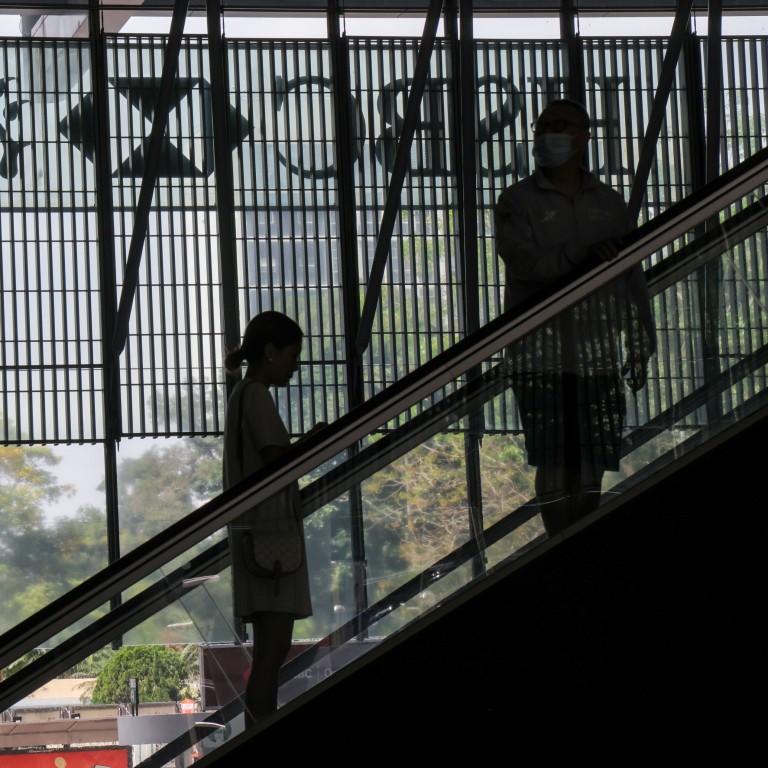
HSBC commitment to Asia welcome as it profits from region
- Hong Kong banks report strong earnings but rates uncertainty signals risks ahead
- With the Fed expected to start cutting interest rates before the end of the year, margins for lenders will narrow, potentially exposing threats in other areas
As Hong Kong’s banks announced annual earnings results this week, the reports of robust profits landed. HSBC and its subsidiary Hang Seng Bank, the Bank of East Asia (BEA), and Standard Chartered all reported solid returns from 2023, with HSBC setting a record as net profit rose by 56 per cent to US$22.43 billion from a year earlier.
Yet, at the same time, missed earnings targets were piling up. Perhaps analysts were too enthusiastic. Or perhaps they were pointing to difficulties on the horizon for big lenders.
The banks, not least HSBC, have seen results bolstered by interest rates at 23-year highs. But the US Federal Reserve, hoping to manage a soft landing for the world’s largest economy, is expected to begin rate cuts later in the year.
And so the tide of interest-related profits will start to ebb, perhaps exposing unsavoury risks on lenders’ balance sheets.

The most unsavoury risk for banks doing business in Asia has been China’s troubled property sector, where developers who built up loans to fuel growth were caught out by a soft domestic market and the very same high rates. The troubles extended into 2024, with creditors petitioning for or pushing major developers into liquidation.
But the banks have smartly taken advantage of ballooned interest margins to limit their exposure to risky mainland property. BEA had trimmed its non-performing loan ratio by nearly half a percentage point in the second half of 2023. HSBC set aside US$1 billion should bad loans arise in its mainland property portfolio.
After setting another US$3 billion charge aside for its stake in the Bank of Communications, HSBC still made room for share buy-backs of US$2 billion, and to offer shareholders the biggest dividend since 2008. The bank no doubt hopes the hefty dividend will end a squabble with its largest shareholder, Ping An Insurance, once and for all.
Upset after it suspended dividends in 2020 on the orders of British regulators, Ping An pushed for the bank’s Asia business to be spun off. Shareholders rejected the idea last May.
HSBC sounded an optimistic note on opportunities in China, including Hong Kong, which a former Morgan Stanley economist recently declared to be “over”. HSBC chief executive Noel Quinn said: “I believe very strongly in Hong Kong remaining a dominant international finance centre in the world.”
HSBC 2023 profit jumps 56% as it unveils US$2-billion new share buy-back plan
As much of its profit comes from Asia, its commitment to the region is welcome.
In 2014, a Hong Kong Monetary Authority stress test found banks adequately protected against a property slump, but then rates were low and China saw hearty growth. Whether they have strengthened balance sheets enough to handle declining rates, dwindling margins and a still shaky property outlook is now the key question.
Amid the uncertainty, it is prudent for bankers to err on the side of caution.

